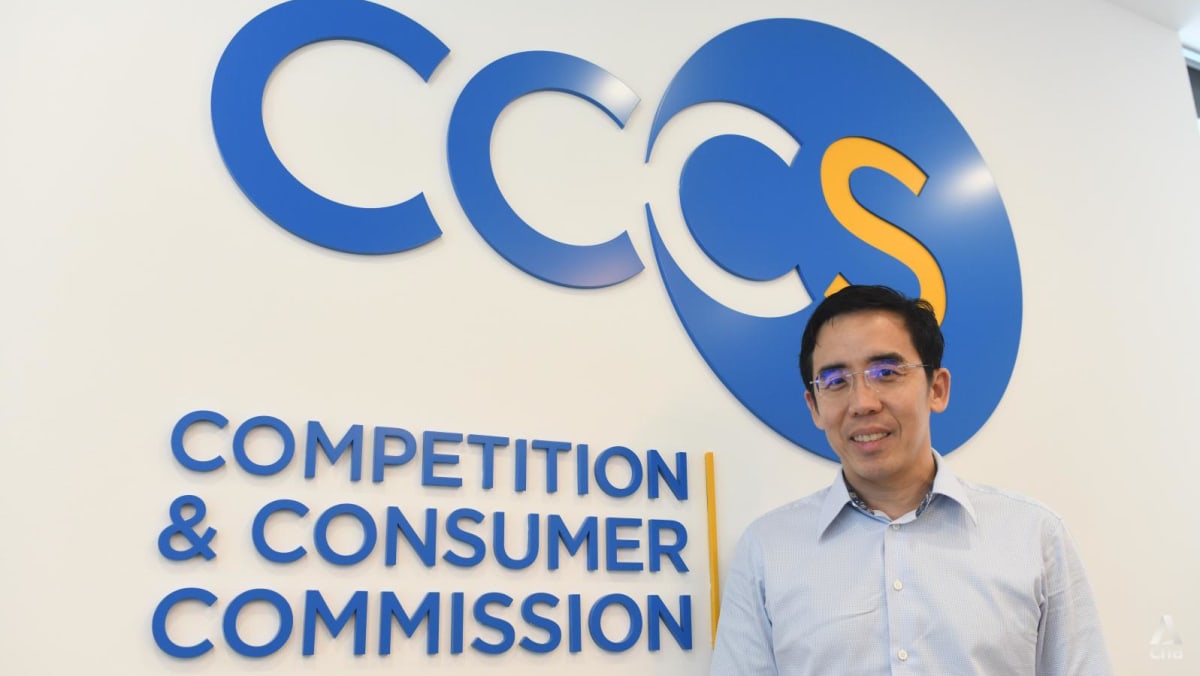GREENWASHING AND “DARK PATTERNS”
In the near future, CCCS has plans to act on greenwashing and “dark patterns” to strengthen consumer protection.
Greenwashing is when a business misleads consumers that their products or practices have greater environmental benefits than they actually do. Last year, for example, electronics retailer PRISM+ came under fire for an advertising claim that using its air conditioner was the “best tip” to “save Earth”.
Mr Koh pointed out that because Singapore imports most of what it consumes, it is challenging to implement advertising standards against greenwashing unless such standards can be harmonised globally.
But he said the commission is developing a set of guidelines “to help businesses make accurate and truthful claims about their products”. These are likely to open for public consultation within the year.
“We hope that these guidelines will help these businesses make green claims with more clarity and confidence,” he said.
Next year, “dark patterns” on e-commerce websites will also be an area of focus for CCCS’ new policy unit.
Dark patterns, also called deceptive patterns, refer to user interfaces that trick consumers into doing things they would otherwise not want to do.
These tricks can include hidden costs, automatic enrolment in paid subscriptions after a free trial, making it difficult to cancel subscriptions and disguised advertisements.
The term was coined in 2010 by UK-based user experience designer Dr Harry Brignull. Since then, dark patterns have been under growing scrutiny by regulators in the UK, United States and European Union.
Mr Koh likened this to a gym membership that can only be terminated by going to the business during office hours and talking to staff who will try to get the consumer to continue the membership.
“It shouldn’t be like that,” he said. “It’s all part of a whole pattern of behaviour, that people can actually design their websites to try and ensnare a consumer.”
Dark patterns may not be criminal in Singapore but they are possibly an unfair practice, and CCCS wants to teach consumers to be more discerning in the e-commerce space, he added.
“You shouldn’t be going around the internet feeling like you have to be ultra-attentive, otherwise you might end up paying for something that you didn’t want.”









.JPG?itok=okwruK9-)




